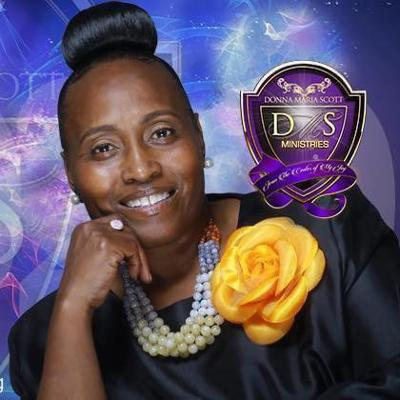"Maintaining a Healthy
Self-Concept"
Roger Whittler

In 1939, Ruth Horowitz, Mamie Clark, and Kenneth Clark, collaborated with others to conduct racial research. The research reported by the Clarks (1939-1950) distinguished them as the most famous husband and wife team in the history of the Black intellectual community. The research sought, among other things, to understand development of racial identities and attitudes among children. One important aspect they agreed upon was that self-concept has two components and was equal to the sum of one’s personal and group identities. The equation they used to describe self-concept was SC=PI+GI, the GI later became RGO.
The SC stands for SELF-CONCEPT, the PI stands for PERSONAL IDENTITY, and the RGO stands for REFERENCE GROUP ORIENTATION. The earlier version of RGO, GI, stood for group identity.
The period of this work was instrumental and contributed to important legal decisions, such as integration of schools. As a licensed clinician, I have found the basic equation these researchers agreed upon in 1939, the idea that self-concept consist of personal identity and reference group orientation can be used to assist my clients in maintaining a healthy self-concept.
My modification of this equation assumes that our personal identity is based on what we believe about ourselves. Self-knowledge is understanding our values, beliefs – our strengths and weaknesses. It also includes our culture, background, beliefs about our social status and spirituality.
Reference group orientation refers to significant others in our life. Who do we listen to and what do they tell us about ourselves? Are they a positive influence or a negative one? How does our reference group, the people we follow, emulate, look up to – reflect back to us.
A few tips I have for maintaining a healthy self-concept:
Personal Identity
Be generous to yourself by taking care of your health, exercise, grooming and a balanced diet are important.
Display your accomplishments. Don’t be embarrassed to display all of your accomplishments, certificates, awards, letters of appreciation. These are all sources of positive reflection that are important reminders of our success as a person.
Don’t minimize your accomplishments and magnify your failures, or vice-versa. Look at the bigger picture, all of the things you have accomplished in spite of the barriers and difficulties, examine all the evidence about yourself.
Be assertive, but not aggressive. We sometimes confuse the two, assertive means we strongly protect what is rightfully ours, while aggression is a negative emotional state that involves anger and lashing out.
Reference Group Orientation
Don’t allow others to shape our self-concept in negative ways. Avoid being exploited or used by others who want to diminish our value.
Identify those people in our lives who for example want us to do all the work or provide financial support – but in return disregard our advice or concerns. Assert your value and let others know when their actions erode our self-concept. These situations may be difficult as others may withhold affection if we assert our value and stop allowing them to diminish our worth. Communication with the people who make up this type relationship, and letting them know their behavior erodes our self-concept can benefit all involved.
Explore your relationships past and present – to determine who represents the most accurate and constructive relationship for you to reference going forward. This relationship should be placed high on priority as the one to reflect on for guidance, self-care and orientation. This relationship should be based on mutual respect, honest understanding, and unconditional love. With this reference in mind for self-evaluation, it feels so - and is more beneficial to our self-concept. For example – my grandfather is my RGO – I spent so much time with him, he knew me very well. Even though he passed many years ago, I often ask myself – what would he tell me about so and so? My grandfather’s answers are always appropriate for me!!!
With a healthy personal identity, and a positive reference group – our self-concept is lifted, and our lives are improved (SC = PI + RGO).
Reference:
Cross, William E. Jr., (1991), Shades of Black, Diversity in African-American Identity, Temple University Press, Philadelphia, PA.
By: Roger Whittler
Licensed Professional Counselor
Sparkman Articles











